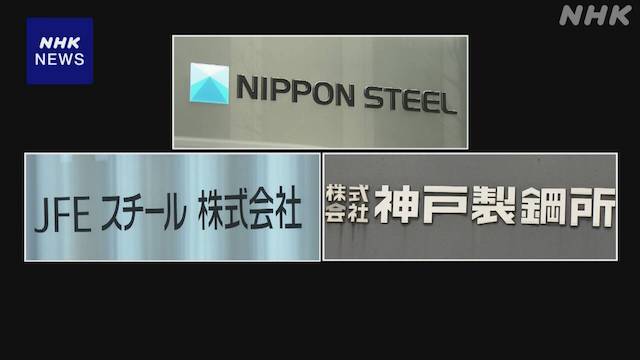TOKYO, Feb 05 (News On Japan) - This spring's labor negotiations will see labor unions of three major steel companies, members of the Basic Industry Workers' Federation, compile a policy proposal demanding wage increases of about 30,000 yen per month, which amounts to a base pay raise equivalent and marks the highest level in nearly 50 years.

The Basic Industry Workers' Federation, which includes unions from the steel, heavy industry, and shipbuilding sectors, held a press conference on the 5th to present a policy proposal seeking wage increases of at least 12,000 yen per month as a base pay equivalent. Specifically, the labor unions of the three steel giants—Nippon Steel, JFE Steel, and Kobe Steel—have compiled a policy proposal demanding a monthly increase of 30,000 yen. This request is the highest since the impact of the oil shock-induced price increases in 1975, nearly 50 years ago. Additionally, labor unions of heavy industry leaders such as Mitsubishi Heavy Industries and IHI are aiming for a monthly increase of 18,000 yen, while those from non-ferrous metal giants like Mitsubishi Materials are seeking a raise of 15,000 yen per month.
Tsuneo Tsumura, the central executive chairman of the Basic Industry Workers' Federation, stated, "We have asked for consideration on what kind of demand policy to establish, from the perspective of price increases and the continued improvement of wages. We want to assertively negotiate with the stance of firmly achieving what we have demanded."
Source: NHK


 by
by 












